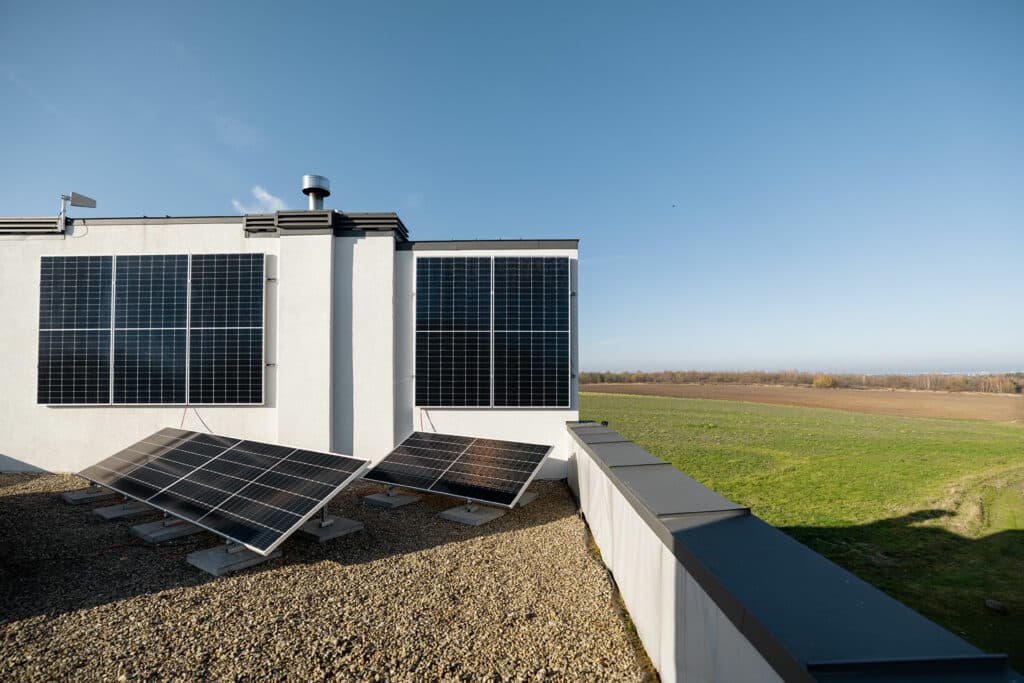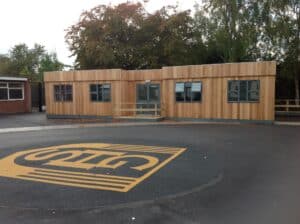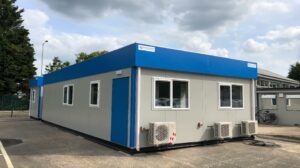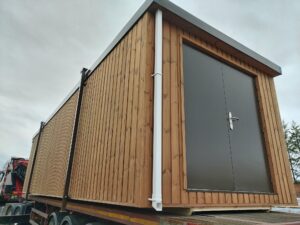In today’s world, building practices that prioritize sustainability are crucial. Modular construction offers a compelling alternative to traditional methods, boasting several advantages in terms of energy efficiency. Let’s explore how:
Energy-Efficient Construction:
- Controlled Environment: Manufactured in factories, modular buildings benefit from precise construction methods and high-quality materials. This reduces air leaks and ensures consistent thermal performance, leading to better insulation and lower energy consumption for heating and cooling.
- Sustainable Materials: Modular construction often utilises eco-friendly materials like prefabricated panels. These materials can improve energy efficiency compared to traditional building practices.
- Reduced Thermal Bridging: The prefabricated nature of modular buildings minimises thermal bridges, which are weak points in the building envelope where heat can easily escape. This leads to improved overall thermal performance.
Reduced Enviromental Impact
The benefits of modular construction extend far beyond a clean installation process. Here’s how:
- Reduced Waste: Factory-controlled manufacturing minimises material waste compared to traditional construction methods.
- Recyclability and Repurposability: Modular buildings are often constructed using recyclable materials and can be relocated or repurposed for future use, further reducing environmental impact.
- Sustainable Materials: Modular construction often utilises responsibly sourced materials, minimising the environmental footprint from the materials themselves.





